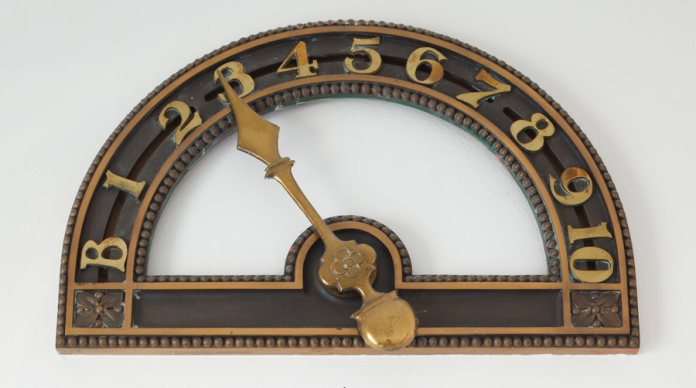Imagine getting trapped in an elevator. You are stuck, with nowhere to go, hoping that help arrives—and fast. For many seniors and people with disabilities, this is a stark reality.
SRO (Single Room Occupancy) hotels provide housing for many low-income seniors and people with disabilities in San Francisco. Given the city’s affordability crisis, caused in large measure by policies that have allowed evictions and displacement to rise while the real estate industry grows richer, the seniors, people with disabilities, and low-income San Franciscans suffer. The city essentially subsidizes real estate interests while seniors and people with disabilities shoulder the burden.
SRO elevators provide a lifeline for seniors and people with disabilities to the outside world. When the elevators don’t work, it creates a multilayered set of problems that affects health, social, and safety aspects of the lives of the tenants.
San Francisco’s SRO’s are old. Many buildings were constructed in the early part of the century. These buildings were primarily constructed as housing for a primarily transient workforce—complete with shared kitchens and bathrooms. As time has passed, SRO groups and tenants worked on a detailed survey and report on quality of life issues that seniors and people with disabilities face in SRO hotels. The survey found that elevators that were not working or in a frequent state of disrepair was an ongoing issue that had profound effects on the quality of life of SRO tenants.
Residents talked about being stranded in their rooms for weeks or even months, not able to get to doctor’s appointments, buy food, or simply connect with another human being. One resident shared a harrowing experience of being stuck in an elevator for hours, without food or drink. SRO tenants in Soma recently held an elevator advocacy workshop at the office of Senior and Disability Action to share stories about their experiences as seniors and people with disabilities with non-working elevators.
One participant, Doug, who lives in a south of Market SRO, told of the struggle getting to his unit when the elevator goes down. “When the elevator goes out I am forced to climb my way to the 7th floor. By the time I get to the 3rd floor I am clutching my chest and out of breath. I am aging and seriously fear a heart attack. I climb 80 stairs when the elevator is not working—1st floor to 7th floor. My legs give out.”
Last year, a working group comprised of SRO Tenants groups, the Department of Building Inspection, and Supervisor Jane Kim’s office convened numerous meeting on the issue of SRO elevators. As a result of those meetings and media coverage highlighting SRO elevator malfunctions—some had been out of service for months—Kim’s office was able to secure $250,000 towards SRO elevator repairs.
The $250K could not fix all the elevators—by a long shot–so SRO tenants and advocates and city agencies decided that the money would be best used to do assessments on a dozen or so elevators to see exactly what repairs are needed. The assessments are currently underway.
The next step is for the city to set aside enough funding to start the actual repairs.
Some SROs are owned or managed by nonprofits; some are owned by for-profit outfits. Either way, repairing elevators is really expensive, and won’t happen without the city’s intervention. San Francisco could he city could help the private owners with financing through low-interest loans — perhaps with affordability provisions tied to the financing. The main thing is that the elevators need to be fixed.
The quality of life of seniors and people with disabilities is profoundly impacted by elevators that are non-working or in a state of disrepair. We call upon the city to make this issue a priority in its budget to help San Francisco fulfill its mission of allowing its seniors and people with disabilities to age in place.







